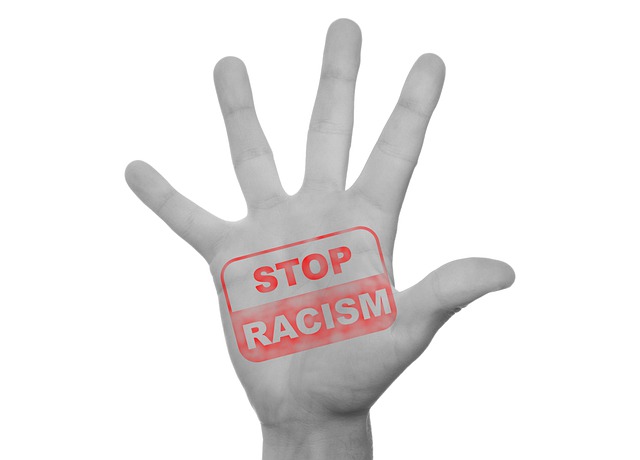Unhoused Black gay and bisexual men are disproportionately impacted by HIV and severe cases of (MPV) Monkeypox.
In 2019, Black people accounted for 13% of the U.S. population but 40% (479,300) of people with HIV. According to the CDC, Black gay and bisexual men accounted for 82% of HIV acquisitions. Black gay and bisexual men also account for the largest share of MPV cases, with 70% attributed to people of color.
The social and structural determinants of health—income, health access, housing, and transportation are contributing factors.
We know that more than 70% of healthcare is connected to your employment. So, if you don’t have a full-time job, you probably won’t have health benefits.
Not having a full-time job directly relates to where you can afford to live, which also directly relates to public transportation and other access components.
Health policies and money, have yet to be prioritized in working to achieve better overall health outcomes for the needs of Black gay and bisexual men .
These systems were never designed to impact Black people, especially Black gay men, in ending this epidemic. The reality is if Black people weren’t diagnosed with HIV, the money would dry up. It wouldn’t be a need if half of the epidemic is gone.
A different level of action needs to occur, focusing on the stigma attached to HIV and MPV which causes Black gay and bisexual men to not engage in care as often as their white counterparts, leaving them susceptible to disease progression and homelessness.
Thus, there won’t be viral suppression for Black communities until we address the people who are experiencing homelessness.
Black gay and bisexual men will continue to bear the brunt of poor health outcomes if public health professionals remain committed to utilizing the same playbook.
We must commit to identifying and addressing the prevalence of HIV and homelessness experienced by Black gay and bisexual men diagnosed with severe MPV.
For more than 40 years, the NABWMT has fought for the rights for Blacks and all people at the margins. As each each epidemic has occurred, as each inequality has appeared we have met the challenge. Let’s continue to do so.

